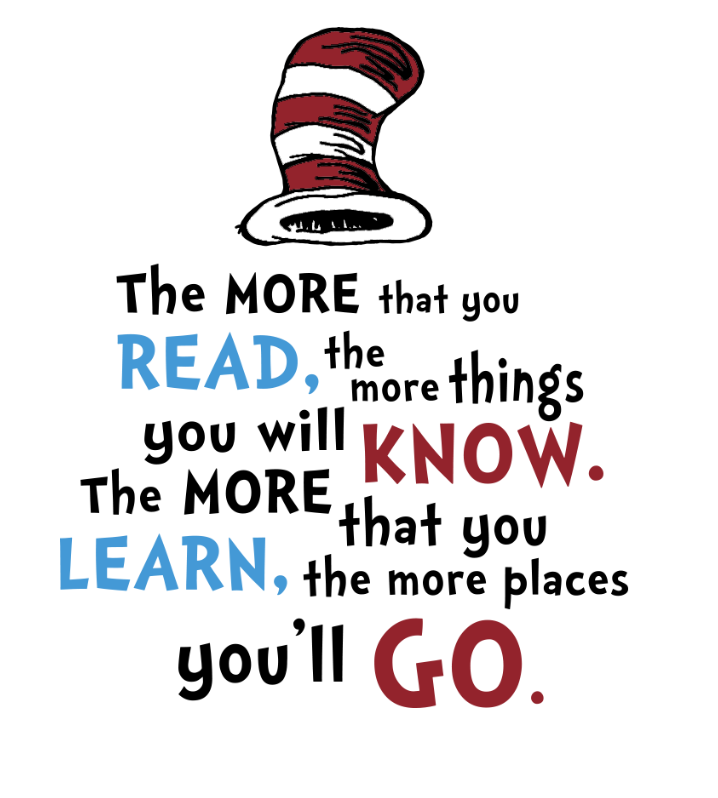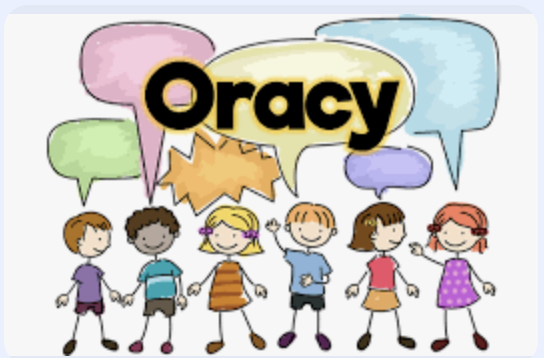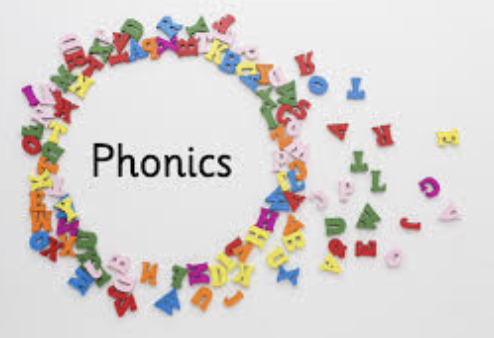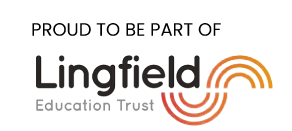
At Hemlington Hall Academy, all of our children are encouraged to develop social and communication skills, imagination, creativity, a thirst for knowledge and a love of reading and writing through daily English lessons. English lessons teach children the skills they need to make progress in Reading, Writing, Speaking and Listening (Oracy), EGPS (English Grammar, Punctuation and Spelling) and handwriting, in addition to Phonics in Foundation Stage and Key Stage 1. Using an engaging cross-curricular approach through our context topics, children are immersed in an environment of rich texts, adventurous vocabulary and real-life experiences to enhance the learning process.
Subject Leaders: Mrs Yates & Mrs Laden







